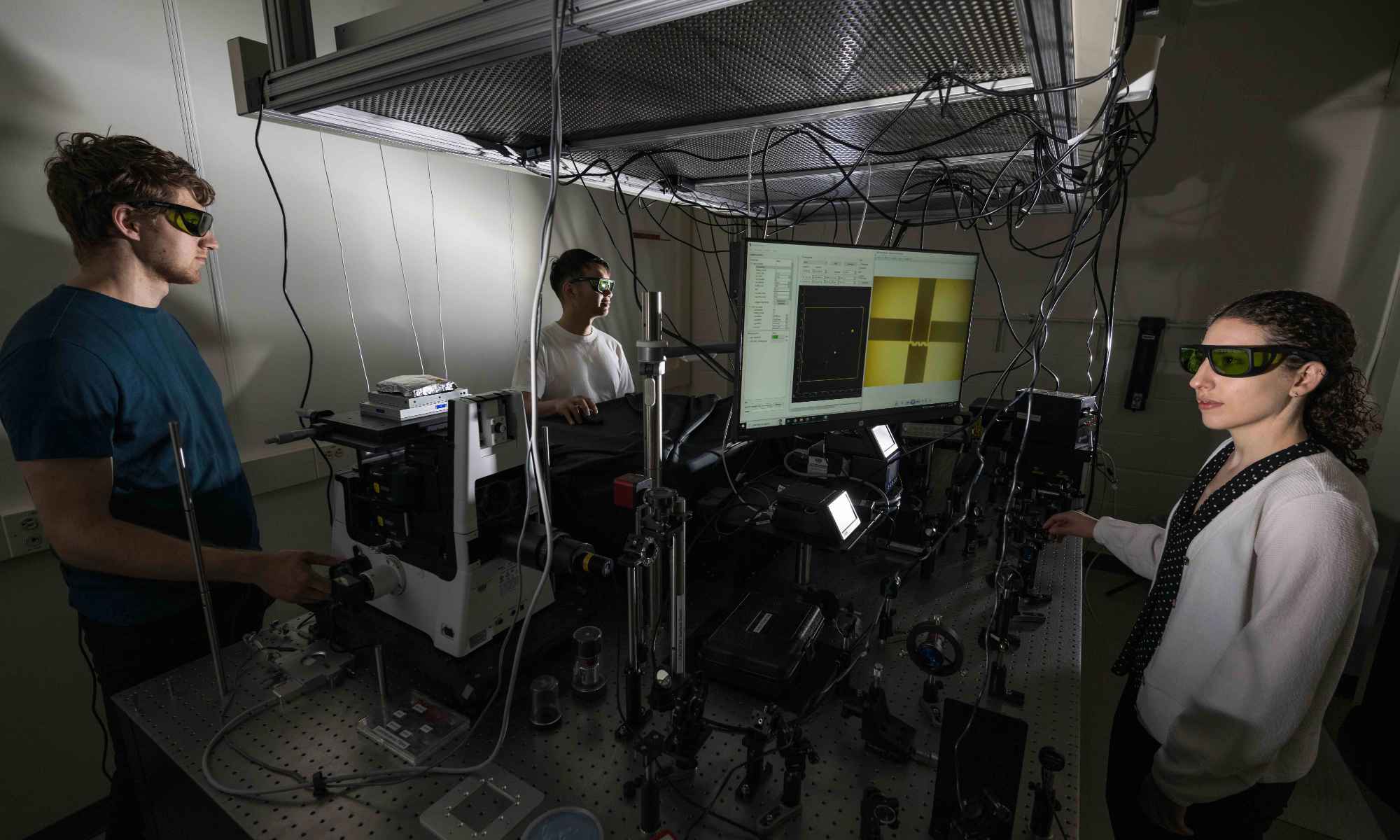September marks fetal alcohol spectrum disorder (FASD) awareness month. Up to 80 percent of people affected by FASD don’t even know they have the disability. Rates of diagnosis lag well behind those of other, better-known conditions, such as autism. Yet according to experts, FASD is more prevalent than, for example, Down syndrome and roughly on par with autism, affecting up to 1 in 20 school age children in the US.
What is fetal alcohol spectrum disorder?
Fetal alcohol spectrum disorder is an umbrella term for a variety of conditions that are related to a child’s pre-birth exposure to alcohol. FASDs may be associated with specific facial features, growth delays, abnormal brain growth or functioning and neurobehavioral impairment that can affect intellectual functioning, learning, memory, impulse control, and self‐regulation.
Beyond these immediate impairments, people with FASD are also at higher risk for other secondary conditions that have a negative effect on mental health, school, social functioning, employment, and independent living.
These secondary conditions typically emerge during adolescence and adulthood. However, experts agree that early diagnosis and interventions that address the immediate impairments of FASD can help prevent the development of these secondary conditions.
The challenge of executive functioning
“One of the biggest challenges that kids with FASD have is with this idea called executive functioning,” says Christie Petrenko, a research psychologist at the University of Rochester’s Mt. Hope Family Center.“ It can be difficulties with remembering multi-step instructions, problem solving, controlling impulses, and seeing tasks through from start to finish.” Common parenting strategies often don’t work as well with children with FASD.
That’s why a team at the University, led by Petrenko, has been working for years to find ways to improve the lives of people with FASD and their families. One such strategy is a multi-component intervention called Families on Track that Petrenko piloted two years ago to promising early results, including lower levels of anxiety and modest gains in the children’s ability to control emotions better.
Families on Track intervention: Progress and remaining questions
Of course, it’s important to know if interventions produce lasting results. Petrenko’s team discovered in its most recent study, released this month in Alcoholism: Clinical & Experimental Research, that the Families on Track intervention had continued benefits for families six months after the program ended. These benefits were largest for caregivers, who exhibited continued improvement in their parenting abilities and maintained their prior gains in FASD knowledge.
Although improvements in overall behavior were stable, the initial positive gains for children’s self‐esteem and emotion regulation lessened at the six-month follow‐up, the researchers discovered. Petrenko’s team, which also included psychology graduate students Elizabeth Demeusy and Michelle Alto, concluded that either continued, or alternative treatments are likely needed for children to maintain any gains.
Read more
A new pilot study finds that children with fetal alcohol spectrum disorders (FASD) and their families benefit from a multi-component intervention.
University of Rochester FASD expert, Christie Petrenko, speaks to WXXI’s Morning Edition radio host Beth Adams.
A researcher and a computer engineer team up to build a mobile app that is already starting to help parents and caregivers facing fetal alcohol spectrum disorders.
Learn more about Mt. Hope’s FASD interventions. The Mt. Hope team belongs to the Collaborative Initiative on Fetal Alcohol Spectrum Disorders (CIFASD).




